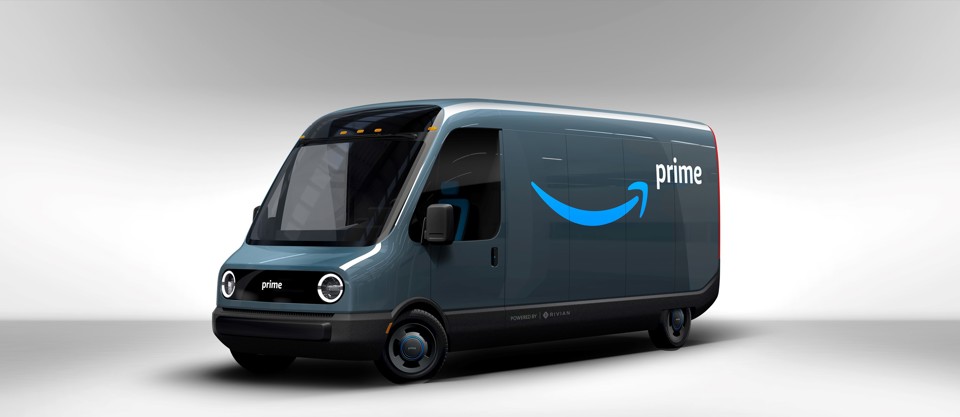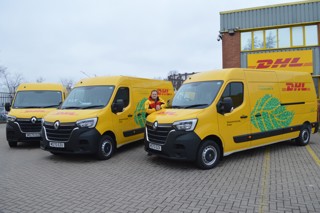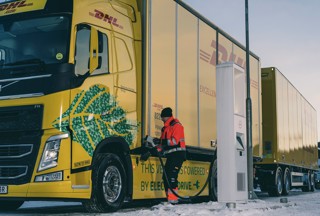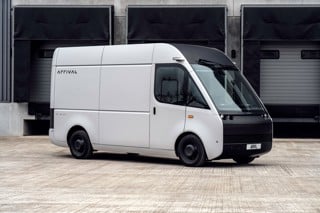Demand for electric vans is expected to rise as an increasing number of consumers raise concerns over the environmental impact of their home deliveries during lockdown.
Research from EO Charging reveals that the number of online orders people make for goods to be delivered to their home has shot up by 35% since the beginning of the coronavirus pandemic.
People make an average of eight online orders a month for home delivery from food to clothing and household goods, collectively exceeding 400 million orders a month.
Consumers are becoming more aware of the environmental impact of their home deliveries, however, with half (50%) saying they have become more conscious of it since the start of the pandemic.
More that half (57%) of respondents say they currently take measures to consider the environmental impact of their online shopping, such as grouping deliveries, minimising returns or only using vendors that use recyclable packaging.
However, many more would like to see greener home deliveries. Three-quarters of UK adults (73%) would prefer to buy products from companies that deliver them in an environmentally friendly manner and 72% would be likely to use a green delivery option if one was available on the online shopping websites they use. Half (51%) would even be willing to pay an additional charge for a delivery that was environmentally friendly.
Charlie Jardine, CEO and founder of EO, said: “Three national lockdowns have really cemented the increased likelihood for people to buy goods online and get them delivered to their doorstep – but they are also aware that all these deliveries come at a cost to the planet. A large majority of people are keen to see all their home deliveries arriving in a low-carbon manner in the next five years, whether that is by electric vehicle, cargo bike or on foot.”
Many of the companies responsible for the most deliveries around the country are already investing in low-carbon solutions.
Seven of the largest parcel delivery companies have already made commitments to integrate EVs into their fleets or have already started trialling them. DPD, which already operates more than 700 electric vehicles and has pledged to only buy EVs in future. Hermes, which has a fleet of 1,500 electric cars and plans to introduce electric vans nationwide and DHL aims to operate 400 EVs in its UK fleet by 2025.
Online retailer Amazon, which is increasingly delivering its own goods, announced a deal in 2019 to buy 100,000 custom-built electric vans from Rivian Automotive to reduce its carbon footprint globally; and last August announced an order of 1,800 electric vans from Mercedez-Benz to be rolled out in Europe.
Despite technical challenges including the weight of batteries to power on-board refrigeration reducing the amount of goods that can be carried, several grocers have also made commitments in the EV space, as well as other initiatives such as ‘green delivery slots’ operated by Sainsbury’s and Morrisons, which coincide deliveries with others in the same area.
Jardine added: “The environmental challenge of home deliveries is significant but it’s one that a lot of large delivery fleet owners are taking seriously. As a business we have seen our revenues more than treble in each of the past three years but demand has visibly surged in the past 12 months and a big part of that is due to delivery companies.”























Login to comment
Comments
No comments have been made yet.